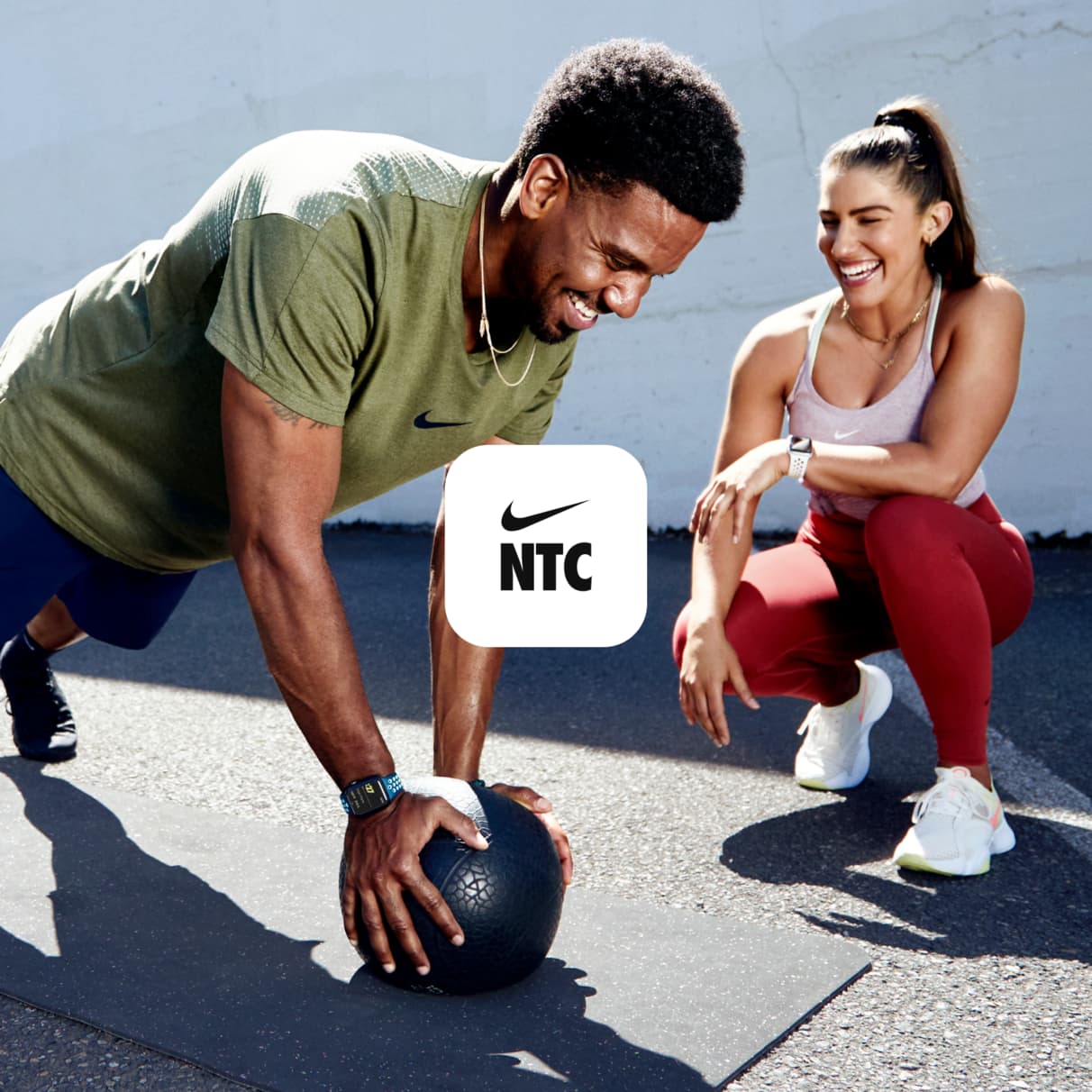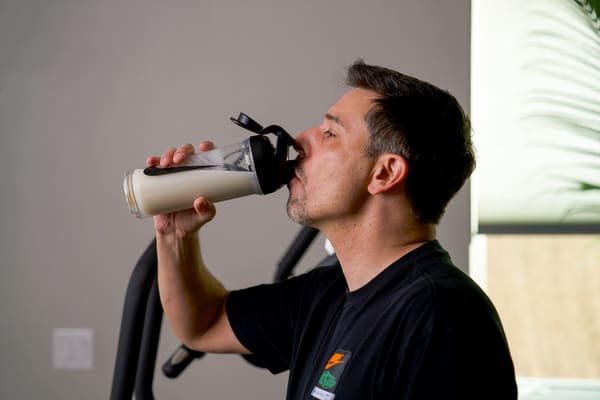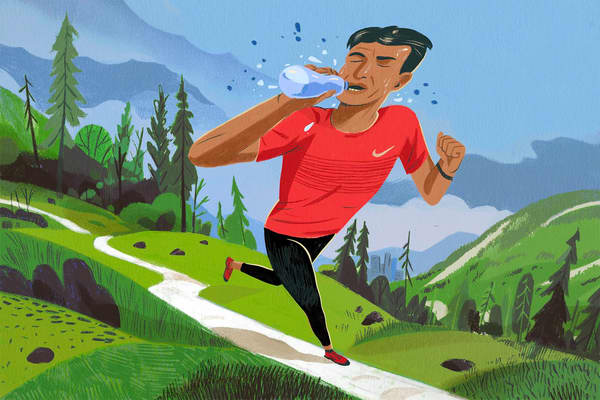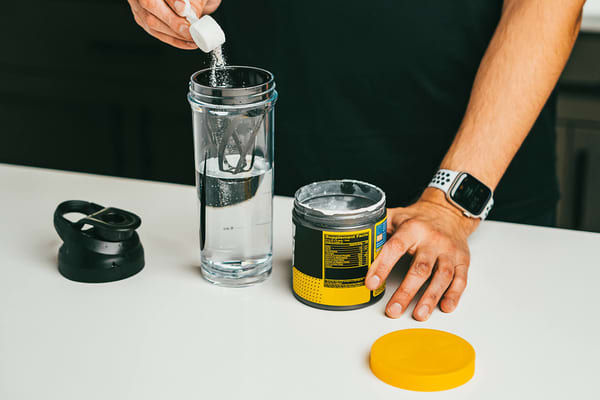What Are the Best Foods for Bulking?
Nutrition
Eat these foods before and after weightlifting to promote muscle growth.

Bodybuilders who participate in the sport either for competition or as a hobby need to be especially careful about their nutritional plan. And the same goes for those who are just looking to build more muscle. While weight-room activities play the most significant role in whether or not you see results, diet follows closely behind.
To build the best meal plan for bulking, you need to consider where you are in your training programme, then choose the best foods for building muscle mass. You should also avoid certain foods that may derail your goals.
Basic Bodybuilding Nutrition
The ultimate goal for a bodybuilder is not only to facilitate muscle growth (hypertrophy), but also to make sure that the muscles are well defined. To maximise muscle definition, you need to lose body fat. Sounds simple, right? While it may appear to be an uncomplicated concept, it can be tricky to accomplish if you try to take on both challenges at the same time.
1.Bulking vs. Cutting
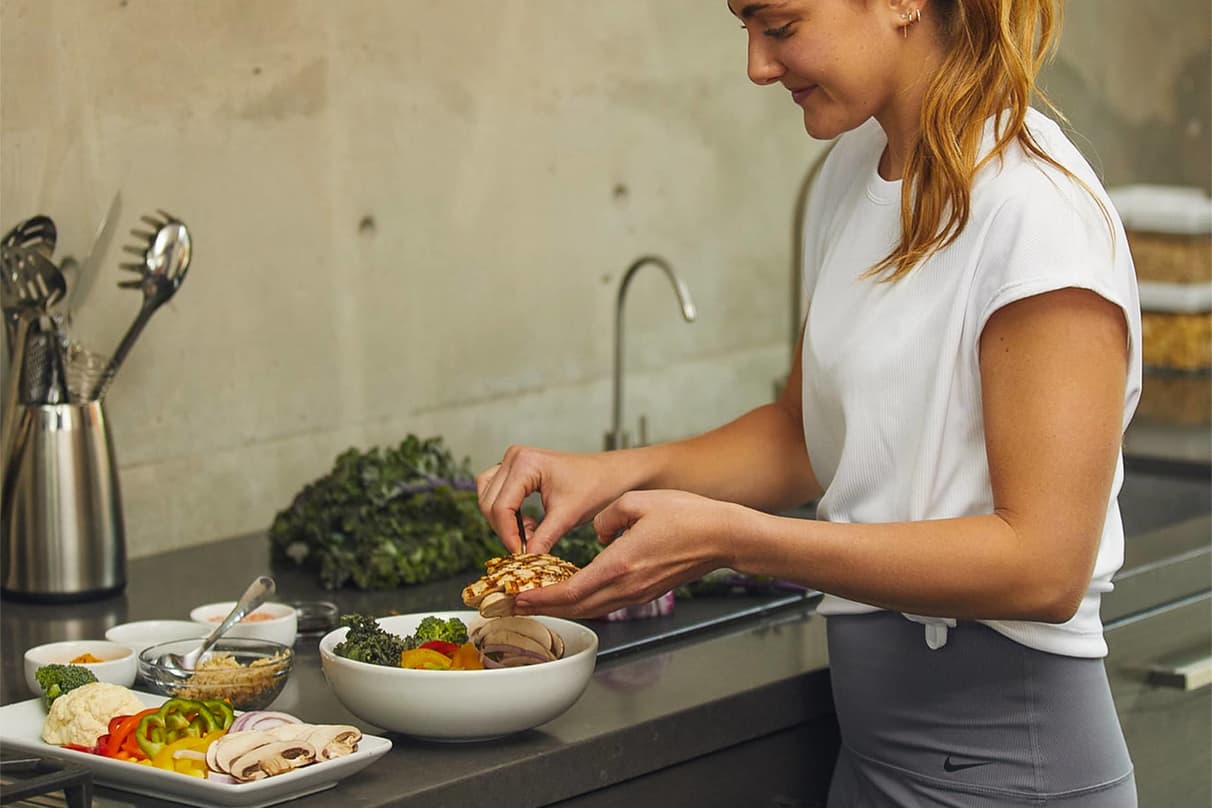
Building muscle while losing fat can be difficult. Most bodybuilders (especially those who compete) achieve their goals by alternating between two different training phases.
- Bulking is a phase where the goal is to gain as much muscle mass as possible. This phase involves a calorie increase, so some fat gain is also possible. The bulking phase can last just 6–12 weeks (usually for beginners) but for many competitive bodybuilders, it will last for about 4–6 months.
- Cutting is a phase where the goal is to maintain muscle mass while losing fat. During this phase, you cut calories carefully to reach your goals, but continue to consume enough protein to preserve bulk. The cutting phase can last a few weeks if you are already lean but can last several months if you need to lose more fat to get the muscle definition you desire.
2.Caloric Intake

During the bulking phase, researchers have traditionally estimated that you should increase your caloric intake by 15 percent. However, more recent research has suggested that this number may be too specific.
In a 2019 research review, study authors suggested that a better range might be 10–20 percent above maintenance calories. But the authors also suggest that the exact number should depend on the athlete's experience level, then adjusted based on their individual rate of weight gain and changes in body composition. They suggested that advanced bodybuilders should aim for the lower end of their recommendation.
So what does that mean for you? You may already know how many calories you need to consume to maintain your current muscle mass. If not, you can keep a detailed food journal for at least two weeks. If you have maintained your body weight and body composition, the number of calories you consumed during those two weeks would be your maintenance number.
You can also use an online calorie calculator, like the one provided by the National Academy of Sports Medicine (NASM). But bear in mind that these calculators only provide an estimate.
Some peer-reviewed sources suggest that a male bodybuilder might consume about 3,800 calories per day during the bulking phase while a female bodybuilder may consume about 2,400 per day. But these are just average estimates. Your goal should depend on your weight.
As a general rule, sports physiologists estimate that bodybuilders consume an average of 45 calories per kg of body weight per day during the bulking phase to achieve a target weight gain of about 0.25–0.5 percent of body weight per week.3.Macronutrient Balance

The quality of calories you consume as well as the balance of macronutrients can make a big difference, too. Some experts advise a macronutrient balance of 55–60 percent carbohydrate, 25–30 percent protein and 15–20 percent fat. But others suggest a more individualised approach.
For instance, in one published report, researchers suggest that you focus on building your macronutrient intake around protein first. In other words, you estimate what your optimum intake of protein is and then consume 15–30 percent of the remaining calories from fat. Then, whatever is left can be allotted to carbs.
Bear in mind that protein intake is most important during the bulking phase. Your body needs amino acids to build and maintain lean mass. Amino acids are molecules that combine to form protein. There are 20 amino acids, most of which the body makes. But nine amino acids (called essential amino acids) must be consumed in the diet because your body doesn't make them.
The most updated nutritional guidance provided by the International Society of Sports Nutrition (ISSN) suggests that for building and maintaining muscle mass, an overall daily protein intake of 1.4–2.0 grams per kg of body weight per day is sufficient for most exercisers.
But other sources recommend consuming 1.6–2.2 grams per kg of body weight per day evenly distributed throughout the day during the bulking phase when you are consuming more calories than your body needs. It should be noted that most experts recommend increasing protein intake (to 3.0g/kg/day or more) during the cutting phase, or when calorie intake decreases.
Don't miss The Best Time to Drink Your Protein Shake!4.Best Foods for Bulking

So, what foods will help you meet your nutritional and training goals? Consider building your meals around these protein-rich and nutrient-dense options.
- Dairy products including milk, cottage cheese, yoghurt, cheese
- Dark green leafy vegetables such as kale, spinach, mustard greens, pak choi, rocket, Swiss chard
- Eggs (whole and egg whites)
- Healthy fats such as avocado, nut butters, plant-based oils (such as olive oil, sunflower oil, etc.)
- Lean meat and poultry such as beef (sirloin, fillet, mince), poultry (chicken or turkey breast or thighs), pork (tenderloin or pork chops)
- Legumes such as kidney beans, black beans, chickpeas, lentils, pinto beans
- Plant-based protein including nuts, seeds, edamame, tofu
- Seafood including salmon, tuna, whitefish, scallops, shrimp, halibut, trout
- Starchy vegetables like potatoes, sweet potatoes or squash
- Non-starchy vegetables like broccoli, asparagus or peppers
- Whole fruit including bananas, berries, pomegranate and citrus fruits
- Whole grains such as quinoa, barley, farro and brown rice
Your nutritional plan might also include some supplements such as whey protein powder and creatine. Whey protein is often preferred over other protein powders with regard to muscle hypertrophy because it contains essential amino acids that are easily absorbed by the body. Researchers have also found that creatine supplementation may enhance post-exercise recovery and injury prevention in athletes.
Foods to avoid during the bulking phase would include any that are high in calories but low in nutritional value. These foods tend to be high in saturated fat and sodium, but low in protein (think chips and other fried foods). Other examples include foods and beverages that are loaded with added sugars, such as sweetened fizzy drinks, coffee drinks, sweets and chocolate, as well as alcohol (when consumed in excess).
